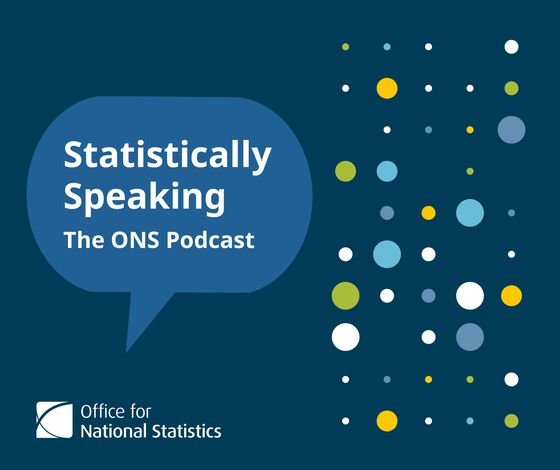Driving forward improvements to health and social care statistics

From December 2023 to March 2024, the ONS with our partners in health statistics jointly ran the health and social care statistical outputs consultation. The aim was to gather valuable user feedback, to help shape health and social care data in the future. The consultation looked at the health statistical system as a whole and invited comments on outputs published by key health data producers. As the results of the consultation are published, Greg Ceely explains how this feedback will drive improvements to our health statistics.
Read more on Driving forward improvements to health and social care statistics

